BLOG

Understanding the Procedure, Its Uses, and Ethical Considerations
Rectal Feeding: Understanding the Procedure, Its Uses, and Ethical Considerations

Introduction
Rectal feeding, or rectal hydration or infusion, is a medical procedure in which fluids, and occasionally nutrients, are administered through the rectum. While this practice is rare and largely obsolete in modern medicine, it has a long history and has been employed in specific circumstances when other routes of administration are unavailable or unsuitable. In this article, we will explore what rectal feeding involves, its historical and potential medical uses, and the ethical considerations surrounding its practice.
What is Rectal Feeding?
Rectal feeding refers to the introduction of fluids, and in some cases, liquid nutrition, through the rectum. Unlike oral or intravenous feeding, this method relies on the absorption capabilities of the rectal mucosa. The rectum can absorb water and some electrolytes, but its ability to absorb more complex nutrients is limited. Therefore, rectal feeding is primarily used for hydration rather than full nutritional support.
How Does Rectal Feeding Work?
The rectum's mucous membrane has the ability to absorb fluids and certain electrolytes. When a solution is introduced into the rectum, the water and electrolytes can be absorbed into the bloodstream, providing hydration and some nutrient supplementation. Historically, simple enemas with saline or sugar water were used for hydration in cases where oral or intravenous routes were not feasible.
The technique involves the slow introduction of a liquid solution using a syringe or rectal tube. The volume, type of fluid, and rate of administration are carefully controlled to prevent complications such as rectal irritation or perforation.
Historical Uses of Rectal Feeding
Rectal feeding has a history that dates back to ancient and medieval times. Before the advent of intravenous therapy, it was one of the few available methods to provide hydration and limited nutrition to patients unable to consume food orally. In the 19th and early 20th centuries, rectal feeding was sometimes used for patients who were unconscious, had severe oral or esophageal injuries, or suffered from conditions that prevented oral intake.
Famous historical cases include those of political prisoners, such as suffragettes on hunger strikes in early 20th-century England, who were forcibly fed rectally when they refused oral intake. These instances are considered controversial and have left a legacy of ethical concerns regarding the use of rectal feeding in non-consensual contexts.
Current Medical Uses of Rectal Feeding
In contemporary medical practice, rectal feeding is extremely rare. With advancements in medical technology and the development of safer, more effective methods of providing nutrition and hydration (such as intravenous and enteral feeding), rectal feeding is almost never the first choice.
However, rectal hydration might still be considered in highly specific and unusual situations:
Emergency Situations: In scenarios where intravenous access is not possible (e.g., remote locations or in certain combat situations), rectal administration of fluids may be used as a temporary measure to prevent severe dehydration.
Palliative Care: In some cases, patients in palliative care who cannot tolerate other forms of hydration may receive rectal hydration as a comfort measure. However, this is often done with careful consideration of the patient’s comfort and quality of life.
Ethical Considerations and Controversies
The use of rectal feeding, particularly in historical contexts, has raised significant ethical concerns. Notably, the practice was sometimes employed as a form of coercion or punishment. For instance, the forced rectal feeding of hunger strikers is now viewed as a violation of human rights and medical ethics.
Modern medical ethics emphasize patient autonomy and informed consent. Any invasive procedure, including rectal feeding, must be done with the patient's consent or, in cases where the patient is unable to provide consent, in accordance with previously expressed wishes or best interest standards. The World Medical Association's Declaration of Malta on Hunger Strikers explicitly opposes force-feeding methods, including rectal feeding, considering them inhumane and degrading.
Potential Risks and Complications
Although rectal feeding might sound straightforward, it carries several potential risks:
Rectal Irritation or Damage: The rectum is sensitive, and improper administration can lead to irritation, inflammation, or even perforation.
Infection: Introducing fluids into the rectum carries a risk of infection, particularly if proper sterile techniques are not used.
Electrolyte Imbalance: Incorrectly formulated solutions can lead to serious electrolyte imbalances, which can be life-threatening, especially in patients already weakened by other conditions.
Conclusion
Rectal feeding is a rare and largely outdated medical procedure with a controversial history. While it may have limited applications in modern medicine, it is usually considered only in exceptional circumstances when no other options are available. The ethical considerations surrounding its use are profound, particularly regarding patient autonomy and consent.
As with all medical procedures, it is crucial to prioritize patient comfort, dignity, and informed decision-making. Rectal feeding serves as a reminder of the ongoing need to balance medical intervention with ethical responsibility, ensuring that all actions taken are in the best interest of the patient and respect their rights and wishes.
Further Reading and Resources
The World Medical Association's Declaration of Malta on Hunger Strikers
Historical accounts of rectal feeding practices and their ethical implications
Guidelines on palliative care hydration strategies from hospice organizations
Disclaimer: This article is for informational purposes only and should not be considered medical advice. Always consult with a healthcare professional for medical guidance specific to your situation.

QUICK LINKS
At Final Compass, we're seeking compassionate individuals who are passionate about end-of-life planning. Join us in making a meaningful impact by supporting families during their most challenging times. Let's create lasting legacies together.